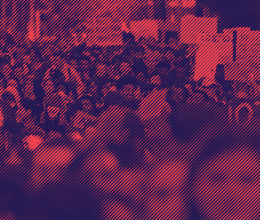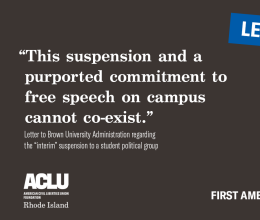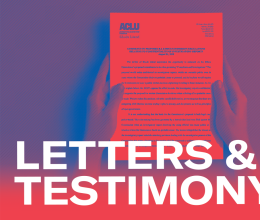
The First Amendment to the U.S. Constitution outlines five fundamental rights that individuals have with regard to the government: freedom of speech and expression, freedom of the press, freedom of assembly, freedom to petition the government, and freedom of religion.






